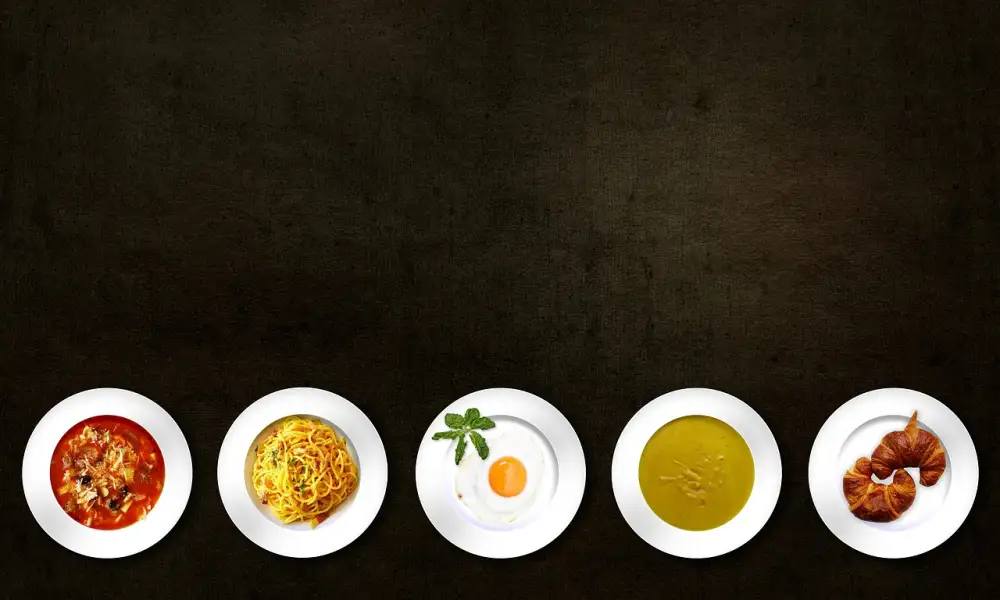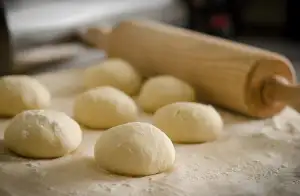Cracking the Code: How Long Are Eggs Good For? Unveiling the Shelf Life Secrets

Eggs are a staple in many kitchens, whether they're used for baking, frying, or as the star ingredient in various dishes. But have you ever wondered how long eggs can actually be stored before they go bad? Understanding the shelf life of eggs is crucial for ensuring both food safety and optimal flavor. In this article, we will delve into the secrets behind egg freshness, factors that affect it, and techniques to determine if your eggs are still good to use. So let's crack the code and unveil the mysteries of egg shelf life!
Factors affecting the freshness of eggs
Factors Affecting the Freshness of Eggs
The freshness of eggs is influenced by several factors that can determine their shelf life. One crucial factor is the age of the eggs when they are purchased. Eggs that are closer to their laid date will generally have a longer shelf life compared to those that have been sitting on the shelves for a while.
Another significant factor is how the eggs are handled and stored. If eggs are not handled properly, such as being dropped or exposed to extreme temperatures, it can affect their freshness. Additionally, if eggs are not stored in the right conditions, such as being kept at room temperature instead of refrigerated, it can lead to a faster deterioration of quality.
The breed and diet of the hens also play a role in egg freshness. Hens that are fed a high-quality diet with proper nutrients tend to produce fresher eggs. The breed of the hen can also affect egg quality, with some breeds known for producing eggs with longer shelf lives.
Lastly, external factors like humidity and air circulation can impact egg freshness. Eggs should be stored in a cool and dry environment with adequate ventilation to prevent moisture buildup which can lead to spoilage.
By understanding these factors, we can better assess the freshness of our eggs and ensure we use them before they expire.
How to determine if eggs are still good to use
To determine if eggs are still good to use, there are a few simple tests you can perform. Start by checking the expiration date on the carton. If the eggs have not expired, you can proceed to the next step. Next, conduct a visual inspection of the eggshell. A fresh egg will have a clean and smooth shell, while a bad egg may have cracks or discoloration. To further test freshness, place the egg in a bowl of water. If it sinks to the bottom and lays flat on its side, it is fresh. If it stands upright or floats, it is no longer fresh and should be discarded.
Proper storage techniques for maximizing egg freshness
Proper storage techniques play a crucial role in maximizing the freshness of eggs. To keep your eggs at their best, it is essential to store them correctly. The first step is to always refrigerate your eggs. The cool temperature of the refrigerator helps slow down the growth of bacteria and keeps the eggs fresh for a longer time.
When storing eggs, it is important to place them in their original carton rather than transferring them to a different container. The carton provides protection and prevents any potential damage to the eggs. Additionally, it helps maintain a consistent temperature around the eggs, ensuring their quality remains intact.
Avoid storing eggs on the refrigerator door as this area experiences temperature fluctuations whenever the door is opened or closed. Instead, place them on one of the shelves towards the back of the fridge where the temperature remains more stable.
Another crucial aspect of proper egg storage is keeping them away from strong-smelling foods such as onions or garlic. Eggs have porous shells that can absorb odors, which may affect their flavor. It's best to store them in a separate compartment or drawer if available.
Lastly, always check for any cracked or damaged eggs before storing or using them. Cracked shells provide an entry point for bacteria and can spoil other eggs in close proximity. If you find any cracked eggs, discard them immediately.
By following these proper storage techniques, you can ensure that your eggs stay fresh and safe for consumption for a longer period of time.
Tips for extending the shelf life of eggs
To extend the shelf life of eggs, there are a few simple tips you can follow. First, always store eggs in their original carton in the refrigerator. This helps to maintain a consistent temperature and protects them from absorbing odors from other foods. Additionally, keep eggs away from strong-smelling ingredients such as onions or garlic.
Another tip is to avoid washing eggs until you are ready to use them. The natural protective coating on the shell helps to keep bacteria out and extends their freshness. If an egg does get dirty, gently wipe it clean with a dry cloth instead of washing it with water.
You can also try storing eggs with the pointed end down. This helps to keep the yolk centered and prevents air pockets from forming inside the egg, which can lead to spoilage.
Lastly, if you find yourself with too many eggs nearing their expiration date, consider freezing them. Crack the eggs into a bowl and whisk them together before pouring into ice cube trays or freezer-safe containers. These frozen egg cubes can be used for baking or scrambled eggs later on.
By following these tips, you can maximize the shelf life of your eggs and reduce waste while still enjoying their deliciousness in your culinary creations.
Creative recipes to use up older eggs
When your eggs are nearing their expiration date, don't let them go to waste! There are plenty of delicious recipes that can put those older eggs to good use. One classic option is a frittata, which allows you to incorporate a variety of ingredients like vegetables, cheese, and herbs. Another idea is to make a quiche, where the eggs can be mixed with cream and poured into a buttery crust along with your favorite fillings. For those with a sweet tooth, try making a custard or bread pudding using stale bread and beaten eggs. Lastly, consider whipping up a batch of homemade mayonnaise or aioli - the acidity in these sauces helps preserve the eggs while adding flavor to your dishes. With these creative recipes, you can enjoy your older eggs in new and exciting ways!
In conclusion, understanding the shelf life of eggs is essential for ensuring both safety and taste in our culinary endeavors. By considering factors such as storage techniques and determining freshness, we can make informed decisions about using eggs in our recipes.
Remember to always check the expiration date or perform the float test to determine if an egg is still good to use. Proper storage techniques, such as keeping eggs refrigerated and away from strong odors, can also help maximize their freshness.
If you find yourself with older eggs, don't fret! Get creative in the kitchen and try out some unique recipes that can make use of these eggs. From fluffy omelets to rich custards, there are plenty of ways to transform older eggs into delicious dishes.
By following these guidelines, we can enjoy eggs safely and confidently incorporate them into our culinary creations. So go ahead, crack open those shells and let your imagination run wild with the endless possibilities that fresh or slightly older eggs bring to the table.
Published: 18. 11. 2023
Category: Recipes



